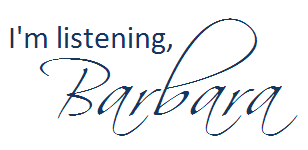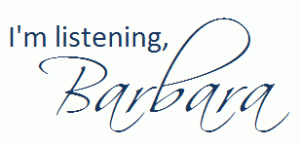For my PRCA 4330 Public Relations Research class:
Review an academic article on public relations that appears in a peer-reviewed journal. Your review is due by midnight on Tuesday, September 1. Recommended journals include (but aren’t limited to):
Choose the article you will review by August 26 at class time, and reply with a comment to this blog post with your article choice. Use APA works cited style to tell me which article you will review.
Your 500-word minimum review could take the following form:
- What did you learn from reading the article?
- What surprised you in the article?
- What do you want to know more about, now that you’ve read the article?
It is acceptable to use first person for this review. Be sure to cite your source–in text as well as in your reference section–in proper APA format. (Using Citation Machine might be helpful.) This assignment is worth 100 of your 1000 points in PRCA 4330.
Turn this assignment in using GeorgiaVIEW by midnight on Tuesday, September 1. No hard copy is needed.
UPDATE: On her PRConnections blog, Purdue University’s Dr. Mihaela Vorvoreanu shares her tips for how to read a research article. This is a MUST read. See the PPT version of her blog post here at Public Relations Matters, also.
Questions? You know where to find me . . .

Photo Credit: http://www.flickr.com/photos/santos/1704875109/









